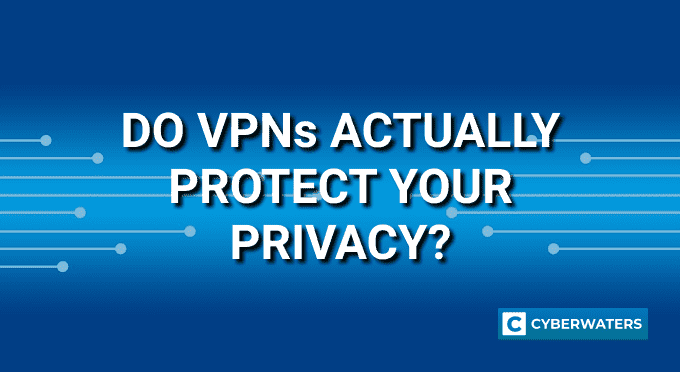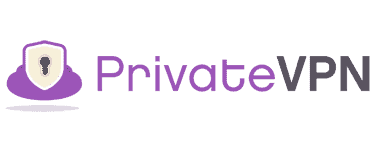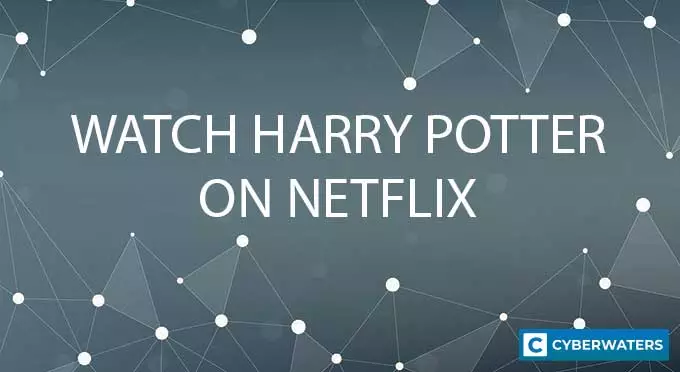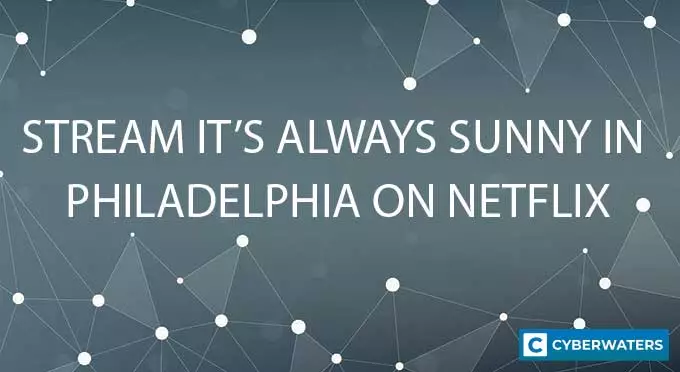Do VPNs Actually Protect Your Privacy?

VPNs are known for online security and privacy. However, since they operate like any other business, some people still have concerns about whether these tools can guarantee secure and private access to the internet. Some people are hesitant to trust their personal information with third parties and may doubt the claims VPNs make on privacy.
In this article, we answer the mind-boggling questions around VPNs and how private they really are.
Are VPNs Really Private?
A VPN protects your internet activities from snooping, surveillance, ISP tracking, websites, and governments. How private a VPN is depends on its logging policy, jurisdiction, security, and other privacy features. A VPN makes it very hard to track you down and link online activities back to you.
Let’s see from whom a VPN protects your privacy.
ISP snooping
ISPs or Internet Service Providers are known to keep an eye on users’ online activities. They can easily tell what you do online. This includes the sites you visit, how much time you spent on such sites, what you download and upload. They can also see your browsing and search history.
A VPN fully hides what you do online from an ISP. It can only see that you are connected to a VPN server’s IP but can’t see what you do online. Your data is encrypted and can not be intercepted by anyone who tries to snoop on it.
Government surveillance
Besides ISPs, governments are also notorious for mass surveillance on the web. In 2013 Edward Snowden, an American whistleblower showed just how far governments could go when it comes to “protecting” their people.
Agencies like the NSA can have a hard time figuring out what you do online when you use a VPN. To link any activities back to you they would need VPN logs as proof.
A VPN is also useful in heavily censored countries like China or the UAE. It would not only hide your online activities but also you can bypass such censorship.
Public Wi-Fi vulnerability
Nowadays it has never been easier to connect to public Wi-Fi. However, it is not the best option for privacy. Public Wi-Fis usually have very poor security levels and can have someone on the network secretly collecting your information.
VPNs help make public Wi-Fi a lot safer to use. When you connect to a VPN server, you are guarded by strong encryption against public Wi-Fi vulnerabilities. It will be impossible for anyone on the network to know what you do online.
Website tracking
How many times have you visited a website and realized that the ads being displayed correspond with your search history? Many websites use various tools to track user activities on the web and their sites. Such information, as many sites claim, helps with content creation.
A VPN can hide your identity on some sites. It makes it hard for websites to track who you are if you block their cookies too. As a VPN can not block tracking cookies or make you fully anonymous. For that, you need to use a browser’s incognito window and VPN combination.
There are a few VPNs that can block ads on the websites too. For example, NordVPN’s CyberSec and Surfshark’s CleanWeb features do an excellent job of protecting from basic advertiser tracking.
Test Your VPN Knowledge – Take A Quiz!
How Does VPN Protect Your Privacy?
A VPN protects your privacy by using strong encryption and hiding your real IP address from the websites. It secures your private data by using strict no-log policies and features like RAM-disk servers or Internet Kill Switch. It secures your connections so no one can intercept them or snoop on you.
- Encryption: VPNs use encryption to ensure no one can intercept, read, alter, or substitute the content of your internet connection. AES, which is short for Advanced Encryption Standard, is the most common and one of the strongest encryption ciphers used. It is trusted by governments worldwide and considered the best encryption system around. VPNs utilize it for great security and privacy. It is impossible to crack this encryption without having access to a VPN server.
- Routes your online activities through servers: VPNs route your online activities via servers that help hide your real IP address, thus boosting your privacy. With a good VPN, entities like your ISP or government can only see your VPN server IP address. They can tell you are using a VPN but have no way of knowing what you do online. Great VPN providers have hundreds if not thousands of servers located all over the globe.
- Masking your IP address: Your IP address acts as your online identity. Anyone can use it to track your physical location. A VPN helps you stay semi-anonymous online by masking your IP address. VPN server uses its IP address on your behalf. This enables you to access content geo-blocked content that might be restricted in your area.
- Not logging your data: If a VPN does not log any user data, it is extremely hard to trace back online activity back to you. Before settling on a VPN, it is best to look at its terms to ensure they have a clear and strict no-logging policy. Otherwise, the stored information can either be accessed by authorities or sold.
- RAM-disk servers: RAM-disks are used to prevent any storage of logs and data on servers. It’s a privacy-focused feature that deletes all the data immediately if power is cut off or the server is restarted. This prevents authorities to seize or physically use a server to collect information.
- No affiliation with authorities: sometimes, to help with an investigation, authorities contact VPN providers for essential information. It is required to provide such information by law.As helpful as working with authorities can be, it defeats the whole idea of privacy. Therefore, many VPNs are located in countries with no affiliation with authorities. This means they are not required by law to share user information. Also, the countries like Panama or The British Virgin Islands have no data retention laws which are great jurisdictions to operate a VPN in.
Are Free VPNs Good for Privacy?
As attractive as free VPNs are, especially since you don’t have to pay anything to use them, they pose a great risk to your privacy.
Privacy risks of using free VPNs:
- They may track your online activities: Many free VPN service providers share users’ data with third parties (advertisers). It is a common business model as they need a way to make money. Betternet is a good example of a free VPN that shares user data with advertisers.
- They provide weak security: unlike paid VPNs, free ones can easily be hacked. ISPs and spying agencies like the NSA can know what you do when online effortlessly. Top-notch security is expensive, which is why only paid VPNs can afford it.
- They have limited features: some VPN providers offer free and paid versions. As reliable as the free VPN versions can be, they come with limited features. You will have to upgrade to the paid versions for ultimate security and privacy.
- Ads will be a problem: as free VPNs rely on selling user data to make ends meet, you are sure to encounter countless ads as you browse. Some ads can even bring you more trouble if they have not been screened for malware or spyware.
Final word
So, do VPNs protect your privacy? VPNs greatly increase your privacy and there are some that you can count on. A strict no-logs policy can significantly help you avoid snooping and spying from bad actors. Other privacy features like RAM-disk servers could also be a great addition if you’re afraid of data leaks from the servers.
Here are some best VPNs for privacy:
| Rating | VPN | Website |
|---|---|---|
| 4.8/5 |  | Visit NordVPN! |
| 4.6/5 | Visit Surfshark! | |
| 4.5/5 |  | Visit AtlasVPN! |
| 4.4/5 |  | Visit PrivateVPN! |
| 4.4/5 |  | Visit ExpressVPN! |
VPN Expert, BEng in Network Engineering

